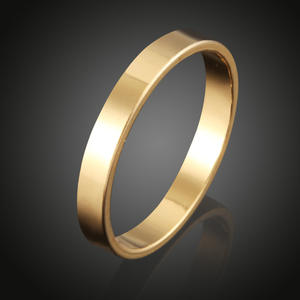Is Tungsten Carbide Waterproof? The Surprising Truth About This Tough Metal
(Water Worries: Can Tungsten Carbide Get Wet Without Damage?)
You’ve probably heard that tungsten carbide is super tough. People love it for jewelry, tools, and even industrial parts. But here’s the big question: can it handle water without falling apart? Let’s dive into the facts.
First, what makes tungsten carbide so special? It’s a mix of tungsten and carbon, pressed together under crazy-high heat. The result is a material harder than steel and way more scratch-resistant. That’s why it’s used in everything from wedding rings to drill bits. But hardness doesn’t always mean invincibility. Water can be sneaky.
Good news: Tungsten carbide doesn’t rust. Unlike iron or steel, it doesn’t react with oxygen in water to form rust. So if you’re worried about your tungsten carbide ring turning orange after washing dishes, relax. It won’t. But wait—there’s a catch. Most tungsten carbide items aren’t pure. They’re mixed with other metals like nickel or cobalt to make them less brittle. These binders can cause problems.
If water gets into tiny cracks or scratches, those binder metals might corrode over time. This doesn’t mean your ring will dissolve in the rain. It means long-term exposure to moisture—like wearing it in the shower every day for years—could weaken the structure. The surface might look dull or develop tiny pits. Not a disaster, but not ideal either.
What about saltwater? Saltwater is tougher on metals than regular water. It speeds up corrosion. If you’re swimming in the ocean or live near the coast, your tungsten carbide jewelry might face extra challenges. The binders could break down faster. Still, this isn’t a quick process. A day at the beach won’t ruin it. Just rinse it with fresh water afterward to remove salt residue.
Temperature matters too. Hot water won’t melt tungsten carbide (it takes over 5,000°F to do that). But sudden temperature changes can stress any material. Imagine taking a cold tungsten carbide ring and plunging it into boiling water. Over time, this thermal shock might cause micro-cracks. Again, not an instant issue, but something to think about.
How do you care for tungsten carbide? Keep it simple. Clean it with mild soap and water, then dry it with a soft cloth. Avoid harsh chemicals like bleach or ammonia. These won’t attack the tungsten carbide itself but could damage the binder metals or any coatings. Store it separately to prevent scratches. Even tough materials can get scuffed if rubbed against harder surfaces.
One myth to bust: Tungsten carbide isn’t indestructible. It’s very hard, but hard things can be brittle. A hard enough hit could chip or crack it. Water alone won’t cause this, but combining water with physical stress isn’t helpful.
So, is it safe to get tungsten carbide wet? Yes—mostly. Daily exposure to water won’t wreck it. Just use common sense. Take it off before swimming in chlorine pools or using heavy cleaning products. Dry it properly if it gets soaked. Treat it well, and it’ll stay shiny and strong for years.
(Water Worries: Can Tungsten Carbide Get Wet Without Damage?)
Tungsten carbide’s toughness isn’t just hype. It handles water better than most metals. But like anything, it has limits. Knowing those limits helps you make the most of this rugged material. Whether it’s a ring, a watch, or a tool, a little care goes a long way.
Inquiry us
if you want to want to know more, please feel free to contact us. (nanotrun@yahoo.com)




